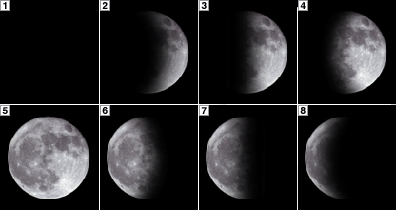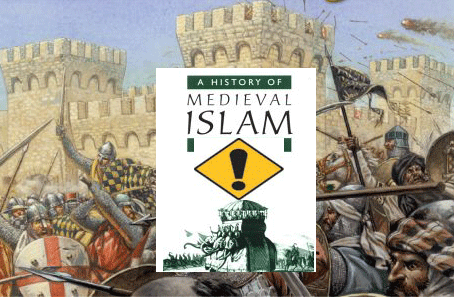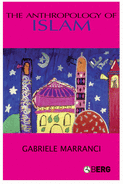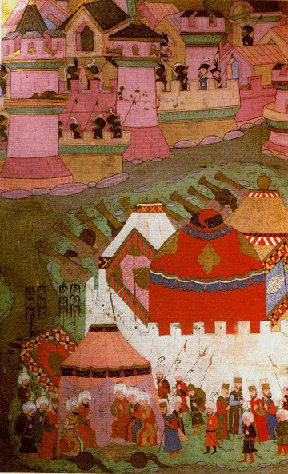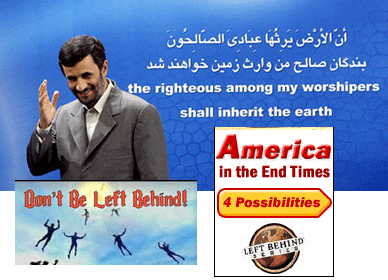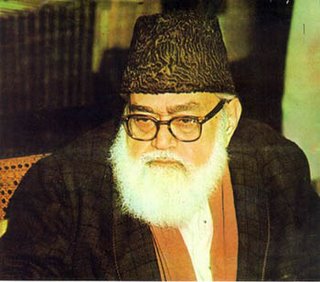
Sayyid Abul A’la Maududi (1903-1979)
By Yoginder Sikand, TwoCircles.net, May 18, 2008
The late Sayyed Abul Hasan Ali Nadwi (or Ali Miyan as he was also known) was one of the leading Indian ulema of modern times. A noted writer, he headed the famous Nadwat ul-Ulema madrasa in Lucknow from 1961 till his death in 1999. He was associated with several other Indian as well as international Islamic organisations, a mark of the high respect that he was accorded among Muslims all over the world.
Maulana Nadwi’s wrote extensively on a vast range of subjects, including on Islam and politics. On this issue, his views underwent a gradual process of change and maturation, beginning with his early association with a leading Indian Islamist formation and later making a forceful critique of some crucial aspects of its understanding of Islam. His views in this regard point to the little-known yet rich internal debate among Indian Muslim scholars about the relationship between Islam and politics, particularly on the question of what Islamists describe as an ‘Islamic state’.
In 1940, Maulana Nadwi came under the influence of Sayyid Maududi, the founder of the principal Indian Islamist outfit, the Jamaat-i Islami. Maududi, along with the Egyptian Syed Qutb, may be said to be among the pioneers of contemporary Islamism. Soon after joining the Jamaat, Maulana Nadwi was put in-charge of its activities in Lucknow. This relationship proved short-lived, however, and he left the Jamaat in 1943. He later wrote that he was disillusioned by the perception that many members of the Jamaat were going to what he called ‘extremes’ in adoring and glorifying Maududi as almost infallible, this bordering on ‘personality worship’. At the same time, he felt that many Jamaat activists believed that they had nothing at all to learn from any other scholars of Islam. He was also concerned with what he saw as a lack of personal piety in Maududi and some leading Jamaat activists and with their criticism of other Muslim groups. Continue reading Nadwi on Maududi: a traditionalist maulvi’s critique of Islamism →

